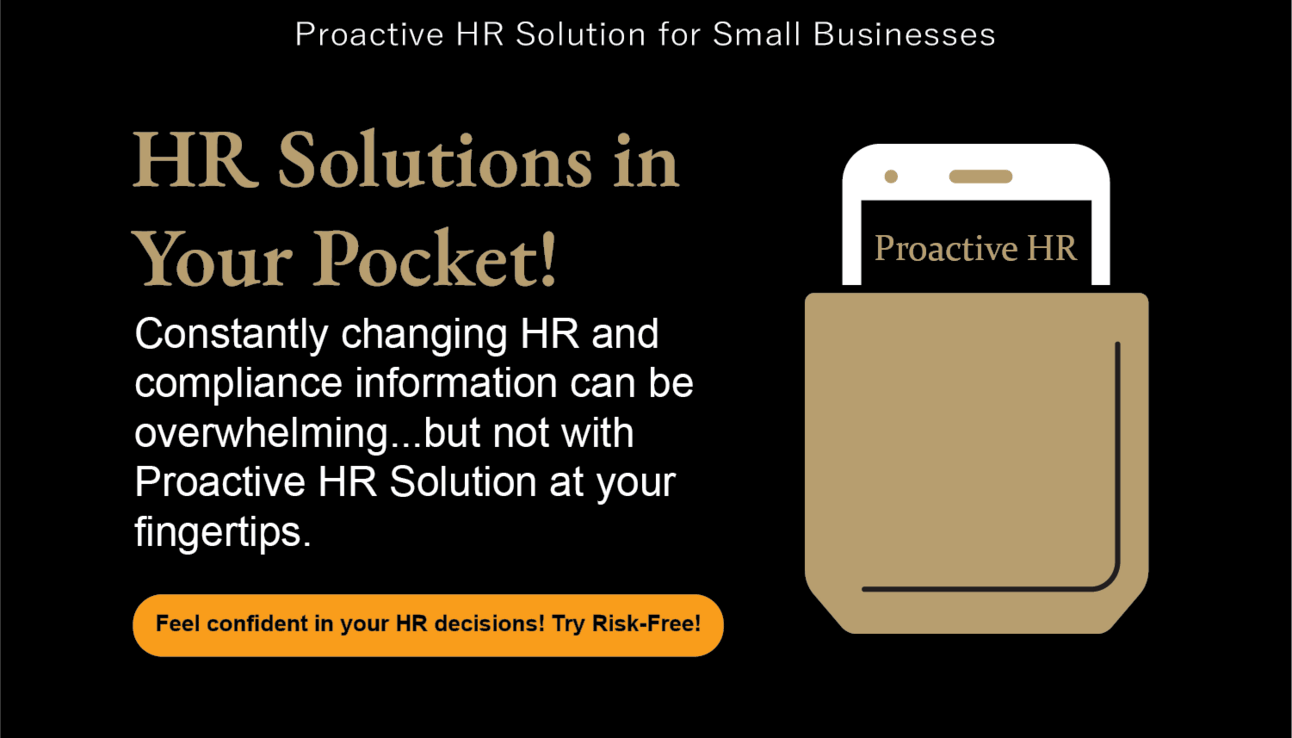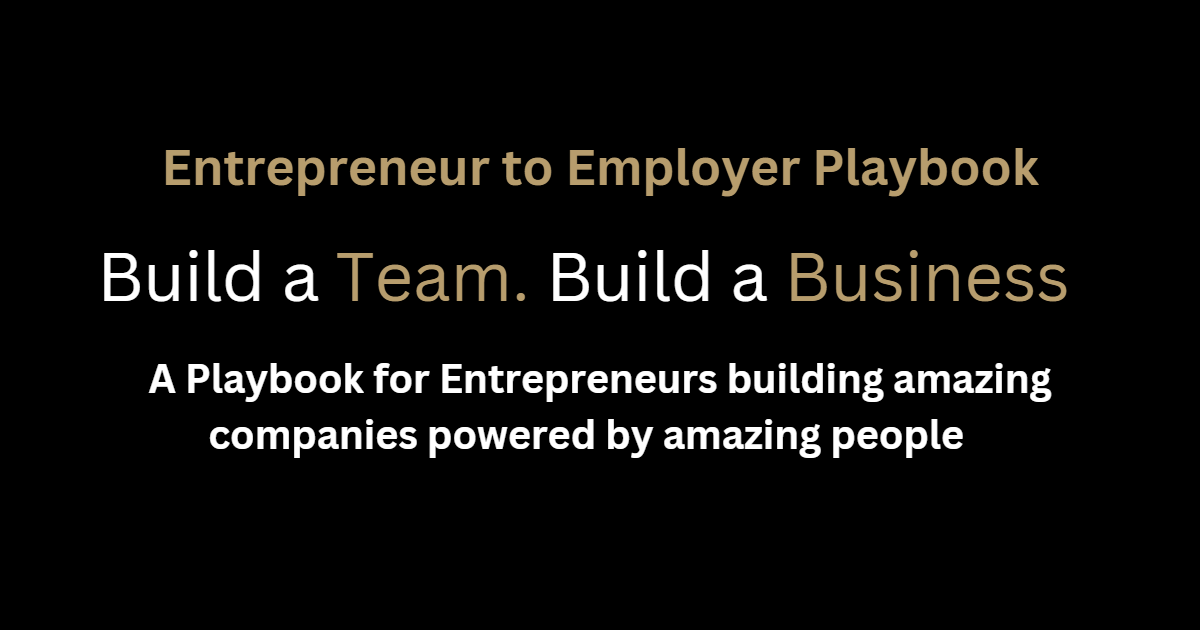
Read time: 3 minutes and 45 seconds
When you build a house, you do not start with the second story. You start by building the foundation. Without a strong foundation, you cannot have a first story and you definitely cannot have a second story.
The same is true for business. Our business needs a strong foundation for all areas of the business.
Accounting & Finance
Sales
Marketing Operations
HR
When it comes to your workforce, having clear and well-defined employment policies and procedures is paramount. These policies not only ensure legal compliance but also set expectations, promote consistency, and create a positive work environment. In this newsletter, we'll delve into the importance of employment policies and procedures and provide guidance on how to develop them effectively.
Setting the Framework: Employment Policies and Procedures
Employment policies and procedures serve as the framework that guides your organization's interactions with employees. These policies outline the rights and responsibilities of both the employer and employees, ensuring that everyone is aware of the expectations and standards that govern the workplace. Here are key reasons why having robust policies and procedures is crucial:
Legal Compliance: Employment laws and regulations are complex and ever-evolving. Having well-documented policies ensures that your business stays compliant with federal, state, and local employment laws. It helps you avoid legal pitfalls and potential penalties that can arise from non-compliance.
Consistency and Fairness: Policies and procedures promote consistency in decision-making and ensure fair treatment of employees. They establish guidelines for various aspects such as recruitment, hiring, compensation, benefits, performance management, and disciplinary actions. Consistency fosters a sense of fairness and reduces the risk of discrimination or favoritism.
Employee Communication: Policies and procedures are essential communication tools. They provide employees with valuable information about their rights, benefits, and obligations. Transparent policies help manage expectations, clarify guidelines, and address common questions or concerns. Open communication builds trust, improves employee morale, and reduces misunderstandings.
Mitigating Risks: Well-documented policies and procedures help mitigate risks associated with employee disputes, grievances, or legal claims. They provide a foundation for addressing conflicts, managing disciplinary actions, and handling employee complaints in a fair and systematic manner.
Developing Effective Employment Policies and Procedures
Creating effective employment policies and procedures requires careful consideration and customization to suit your specific business needs. Here are some key steps to develop them:
Identify and Prioritize: Identify the policies and procedures most relevant to your organization. Start with essential areas such as anti-discrimination, harassment prevention, equal employment opportunity, and workplace safety. Prioritize areas that are legally required or critical for your industry.
Research and Consultation: Stay updated with employment laws and regulations applicable to your business. Consult with legal experts or HR professionals to ensure your policies align with legal requirements and best practices. They can provide guidance on specific regulations in your industry and help tailor policies to suit your unique circumstances.
Clarity and Simplicity: Keep your policies clear, concise, and easy to understand. Use plain language, avoiding jargon or complicated legal terms. Organize policies logically and ensure they are easily accessible to employees. Consider using examples or scenarios to illustrate expectations and proper behavior.
Training and Communication: Simply having policies and procedures is not enough; they need to be effectively communicated to employees. Conduct regular training sessions to ensure employees understand the policies, their importance, and how to adhere to them. Provide written copies of policies and make them accessible through employee handbooks, intranet portals, or other digital platforms.
Regular Review and Update: Employment laws change over time, and your business evolves as well. Regularly review and update your policies to ensure they remain current and aligned with legal requirements. Communicate policy updates to employees and provide them with training or resources to adapt to any changes.
Employment policies and procedures are foundational elements for a successful and compliant organization. They promote consistency, transparency, and fairness, and help mitigate legal risks. By investing time and effort into developing and maintaining these policies, you create a work environment that fosters productivity, employee engagement, and long-term success.
Proactive HR
Looking for an HR solution to help guide your HR business decisions? Introducing Proactive HR, a subscription HR business coaching, resources, and community to help founders and business owners navigate the tricky landscape that is HR.

Help Us Grow
Our mission is to impact 1,000,000 founders and business owners positively. If this playbook would help someone you know make better HR decisions for their business, please forward it to them.
And if someone forwarded this edition to you, please don't leave without hitting that Subscribe button now.
Thank you for reading. I appreciate you!

